How to choose the right electrical wall switches – design and practicality tips
When choosing the right electrical wall switch, consider the specific requirements of your space and the functionality you desire


Finding the right electrical wall switches can allow more seamless use of your space, whether they are used to control lighting features or other appliances and devices at home.
By considering the desired functionality, compatibility, energy efficiency, and level of automation – from single-pole switches to smart lighting options – you can select the switch that suits your needs and enhances the overall look and efficiency of your space.
There are several types of switches, each designed for specific purposes. Our experts have explained the different considerations for selecting wall switches to guide your choice.
How to choose the right electrical wall switches
It's important to adhere to safety guidelines and consult with a qualified electrician prior to installation. This can ensure proper assessment of your specific electrical system and ensure proper installation.
1. Determine the switch function
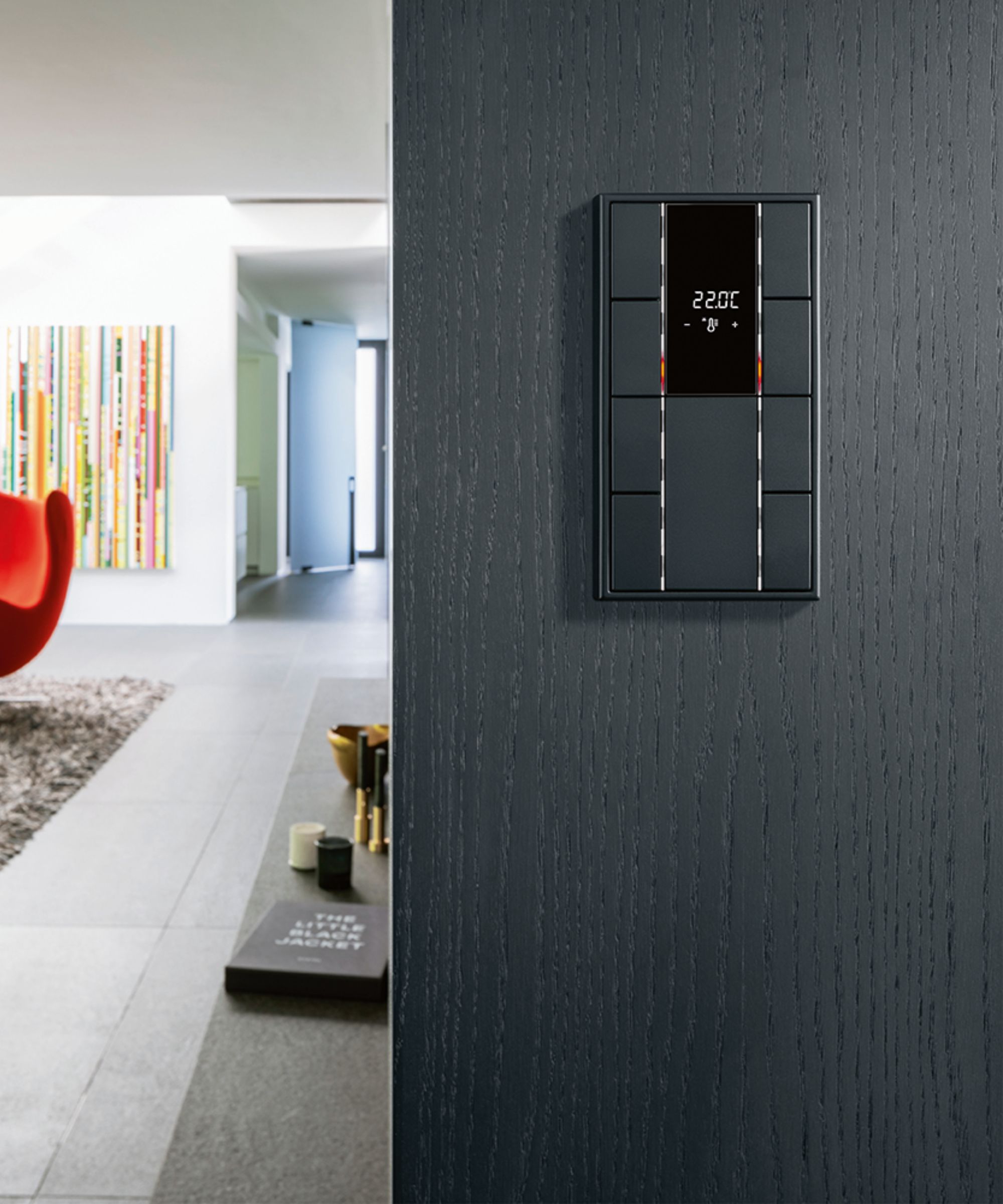
First, determine the switch function.
Steven Perez, founder of Kitchen and Range Hood asks, 'Do you need a simple on/off switch, a dimmer, a three-way switch for controlling a light from multiple locations, or would a smart switch best accommodate how you wish to use the appliance or light?
'Each serves a different purpose.' Align your needs with the switch that allows for the level of flexibility or simplicity you want.
Design expertise in your inbox – from inspiring decorating ideas and beautiful celebrity homes to practical gardening advice and shopping round-ups.
2. Blend aesthetics with functionality
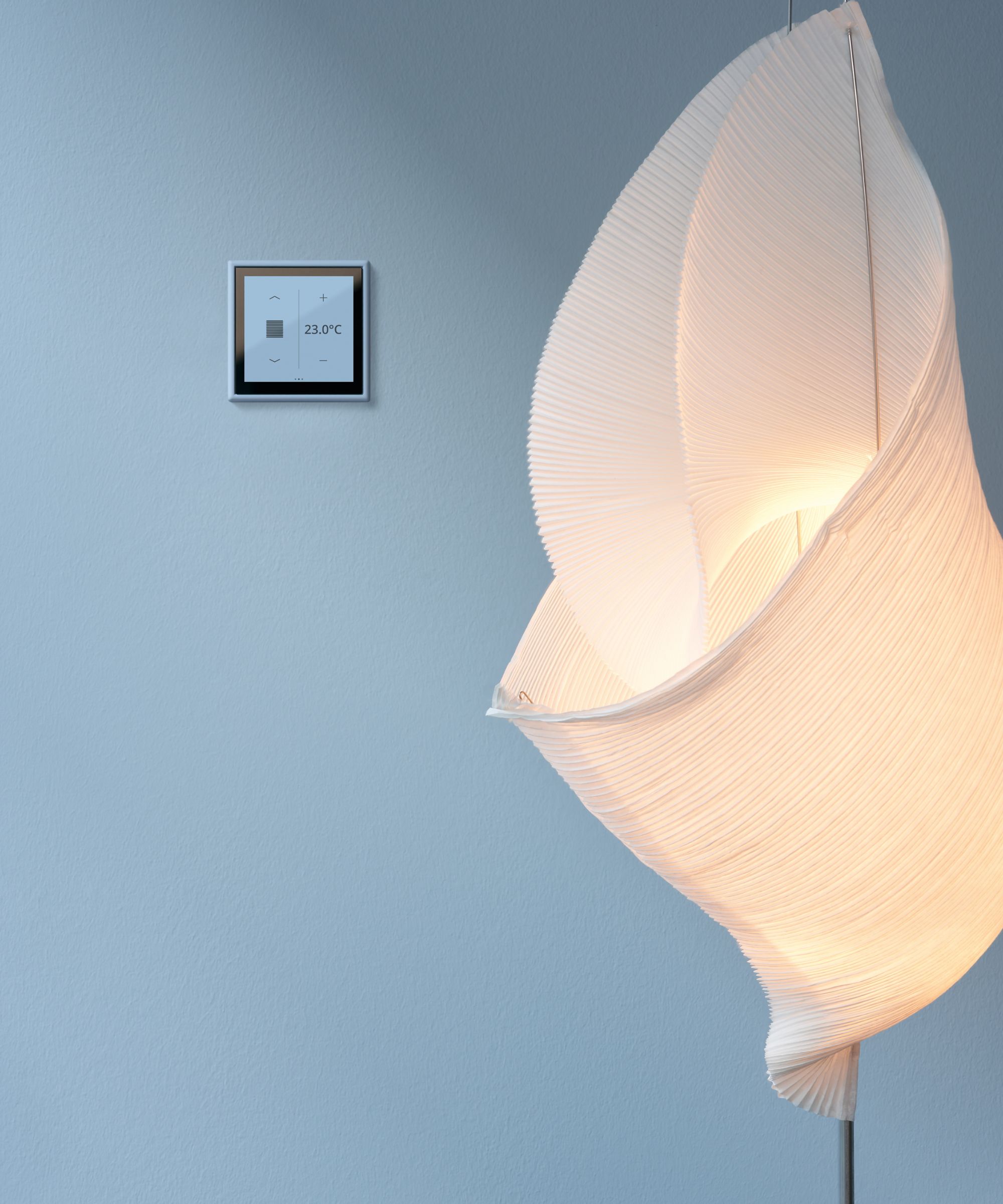
'When choosing electrical wall switches, consider how they complement the overall aesthetic of the room,' advises the experts at DRS Electrical. 'Matching the switch design with the interior style can enhance visual appeal while ensuring functionality.'
Rocker switches are simple yet elegant, providing a modern aesthetic, whereas toggle switches have a more traditional, classic appeal. You should also consider whether you want a switch that blends seamlessly with the space or makes a statement.
'To choose the right color for your switches, consider your interior colors,' recommends Kraig Edelman, CEO at electrical company, Edelman. 'Neutral colors like white, ivory, or gray are versatile and match most interior color schemes.
'If you want to make a statement, you can opt for trendy colors that align with your decor theme.'
Additionally, if you are choosing a light switch, you may want to choose one that will allow for customizable light options that will enhance the aesthetics of your space. For example, dimmer and smart lighting switches offer the flexibility to adjust lighting levels.
3. Choose a compatible model

Additionally, it's important to be sure that the switch you choose is compatible with the electrical system of your home, including the load and wiring, to ensure it meets safety standards.
If you are choosing the best switch for your lights, Steven Perez advises, 'Ensure the switch is compatible with your lighting types, such as LEDs or incandescent light bulbs, and your home's electrical system.'
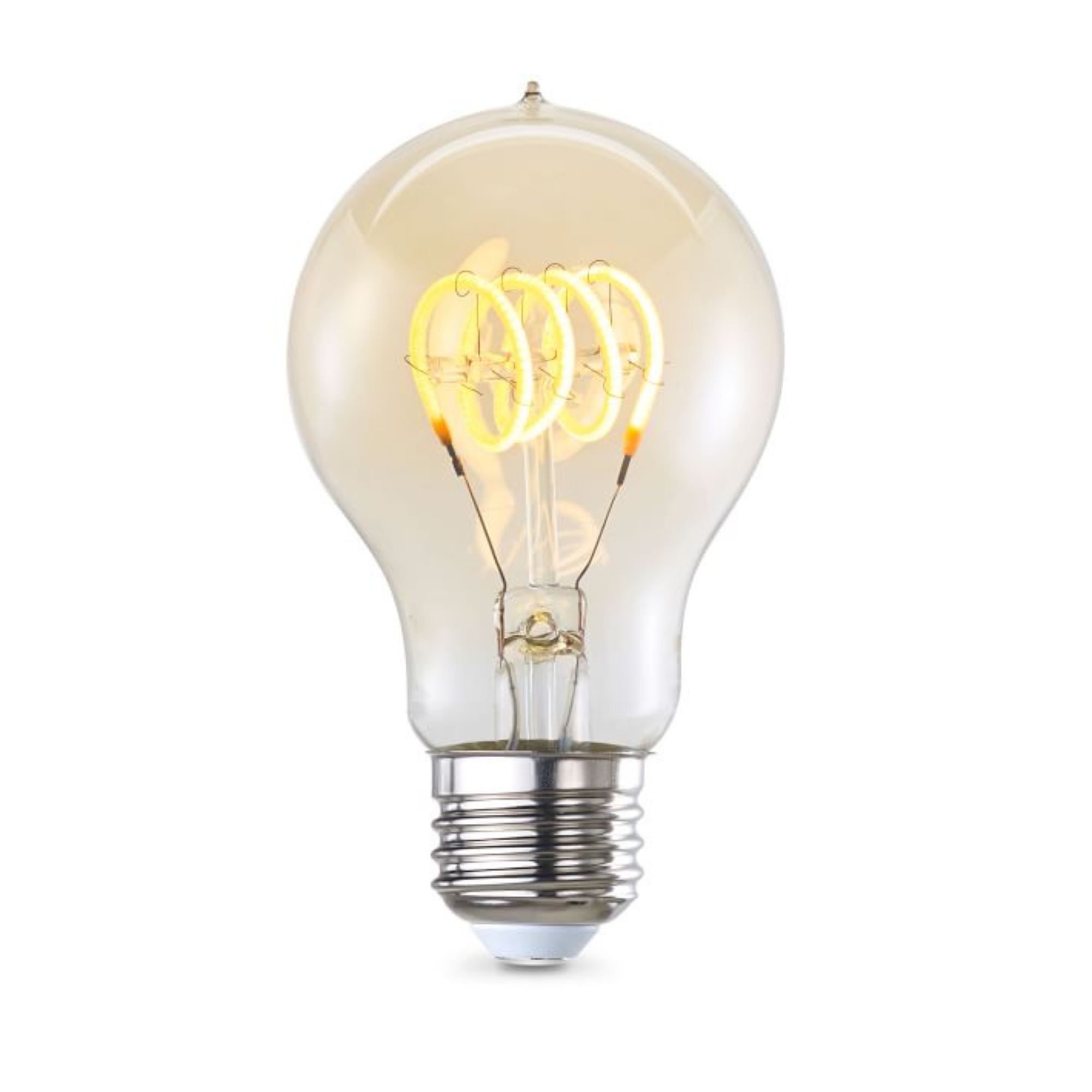
Lumens: 190 lm
Wattage: 4 Watts
Incandescent equivalent: 40 Watts
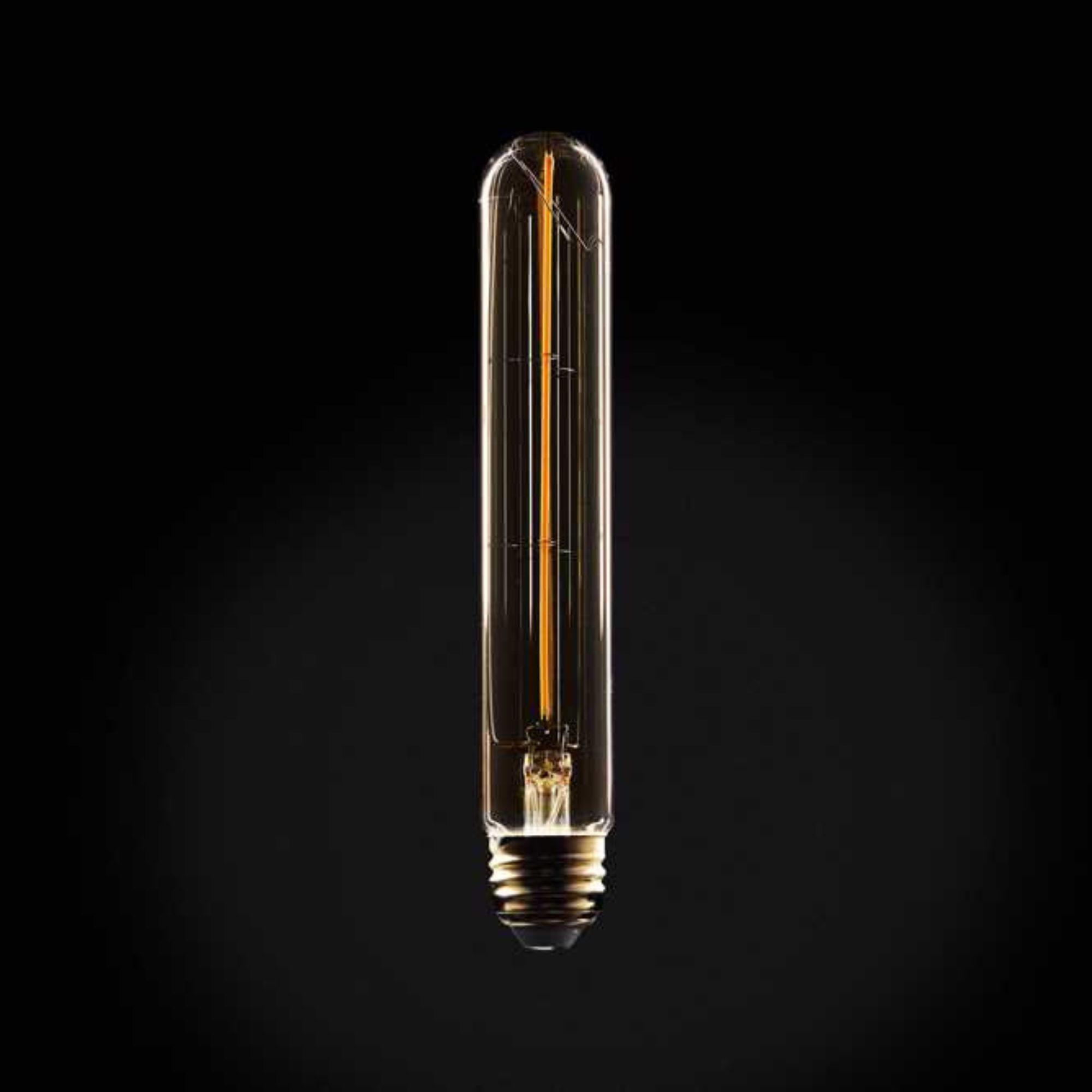
Lumens: 130 lm
Wattage: 3.5 Watts
Incandescent equivalent: 35 Watts
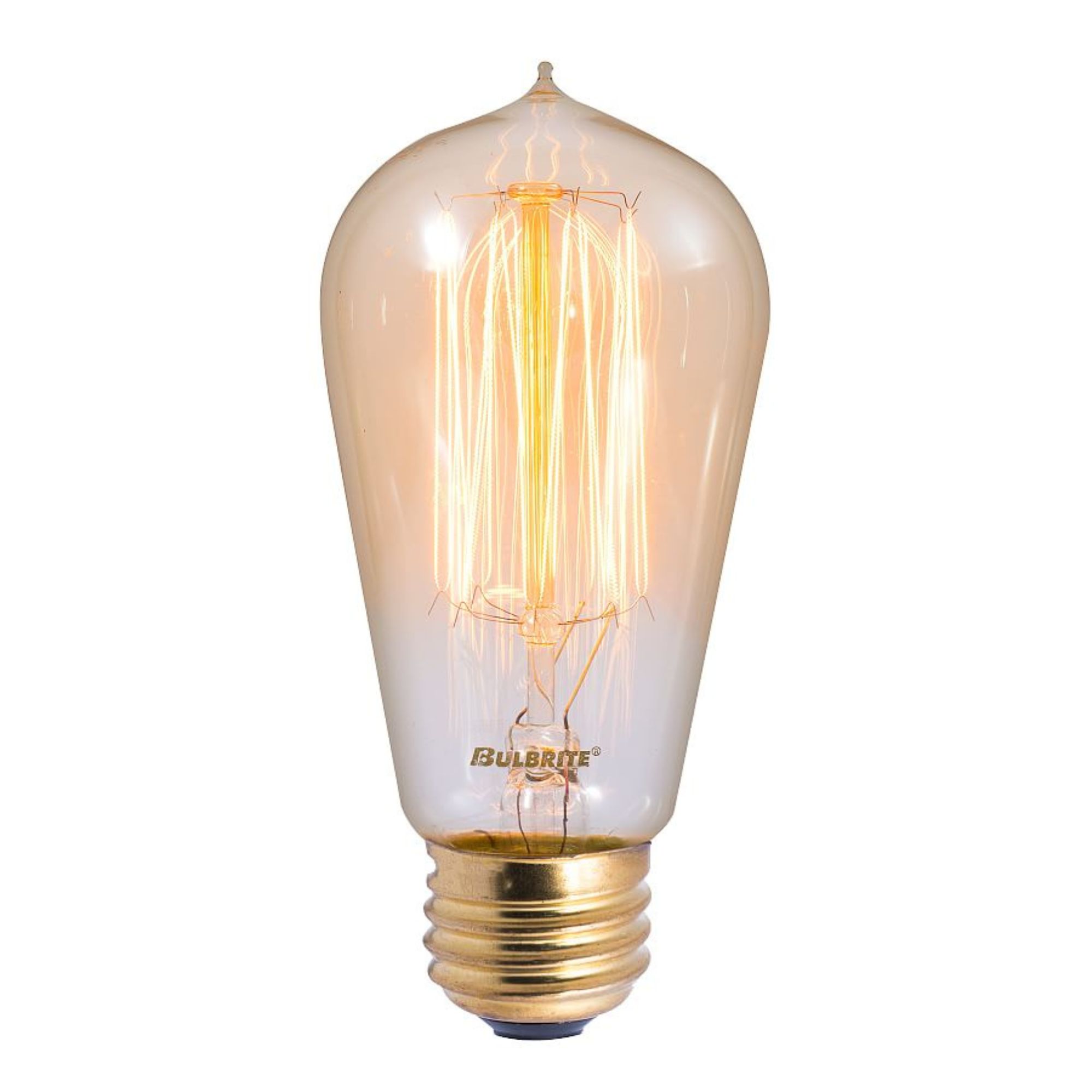
Lumens: Unlisted
Wattage: 6 Watts
Incandescent equivalent: 60 Watts
4. Prioritize convenience
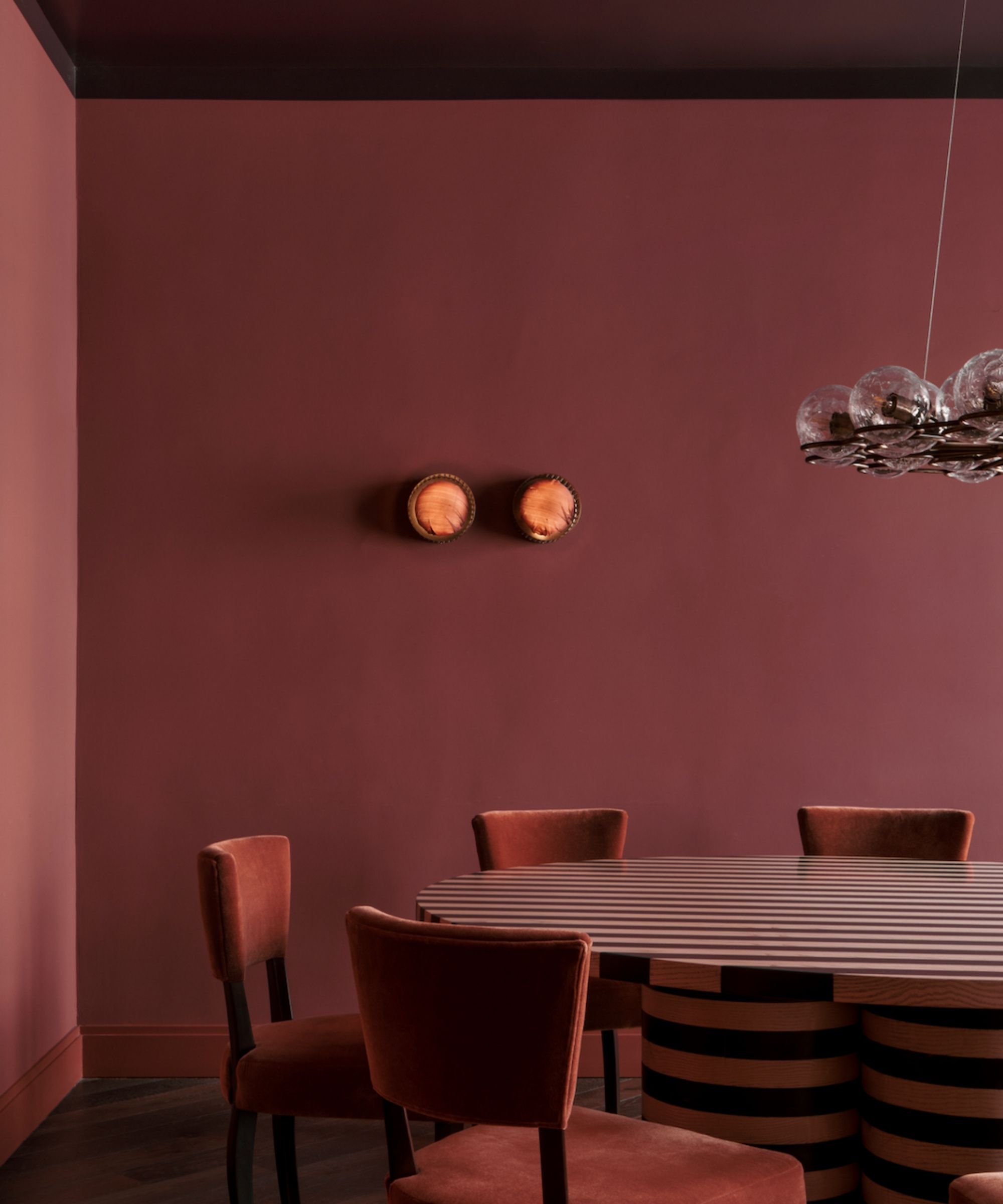
Assess the convenience of the switch you want, in terms of convenience of use and the smart features they may offer.
Rocker switches are sleek and easier to operate, whereas smart switches can be controlled remotely and offer features that can make your user experience more customizable.
'In the age of smart homes, incorporating intelligent switches can offer convenience and energy efficiency,' explains the experts at DRS Electrical. 'Discussing options like programmable timers, voice-activated controls, and compatibility with home automation systems could provide a modern touch.
'Furthermore, explore the advantages of multi-gang switches for controlling multiple fixtures from a single location. This can contribute to a more organized and efficient use of space.'
We recommend this Moes four gang light switch, from Amazon.
5. Choose a durable switch

'In terms of durability, the most robust switches are typically those made from high-quality materials like stainless steel or impact-resistant thermoplastic,' says Kraig Edelman. 'These materials can withstand frequent use and are less prone to wear and tear over time.
'To prevent color changes due to sun exposure, it's advisable to select switches made from UV-resistant materials. This ensures that the color of the switch won't fade or discolor when exposed to sunlight.
'High-quality plastics and metal finishes are often resistant to UV damage.'
6. Consider safety
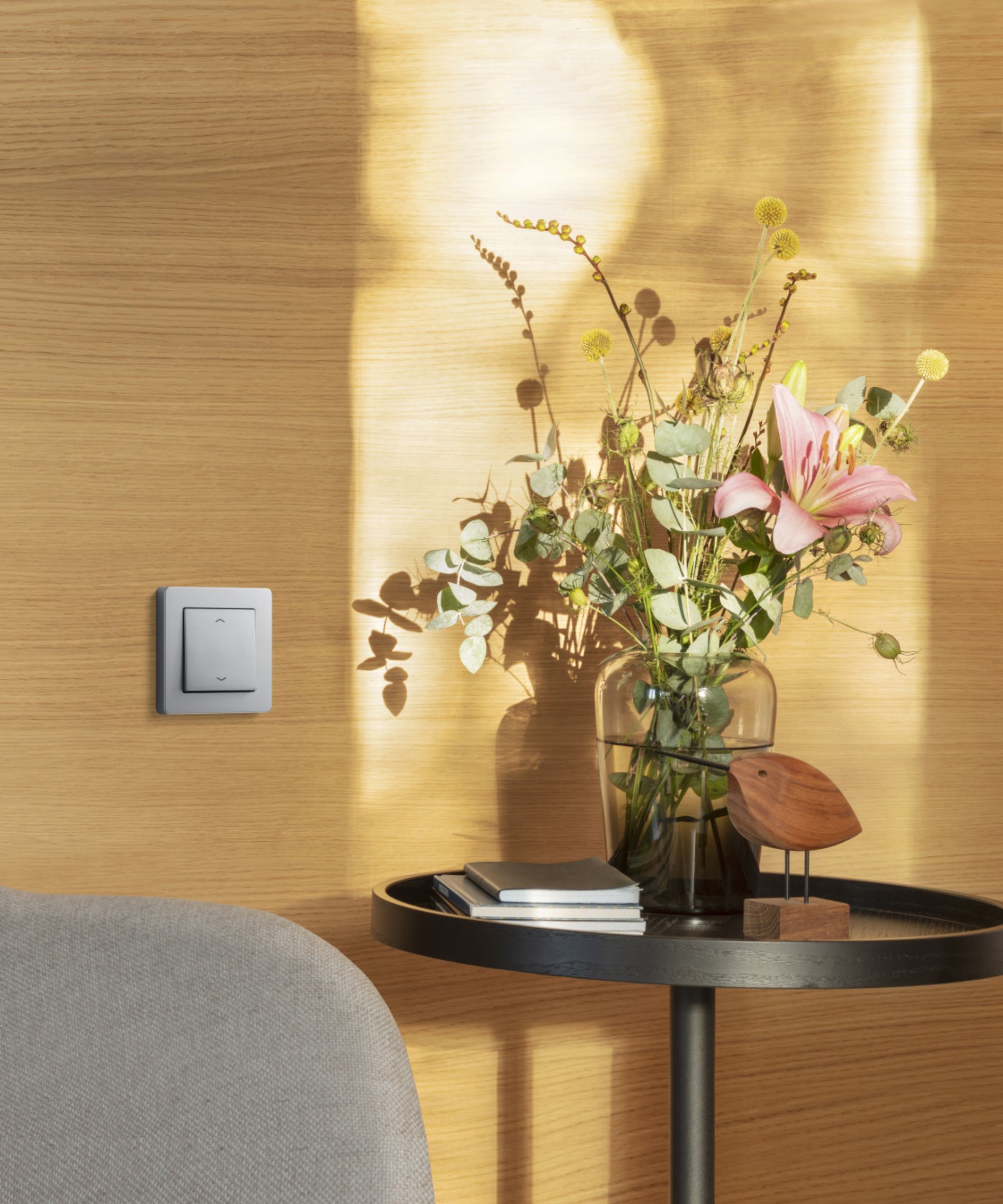
'In terms of safety, it's essential to follow local electrical codes and guidelines when installing any type of wall switch. This ensures that the wiring and connections are secure, reducing the risk of electrical hazards,' says Eugene Klimaszewski, president of Mammoth Security.
'Look for features such as child-proof designs, flame-resistant materials, and proper grounding to ensure the well-being of the household,' adds the experts at DRS Electrical Services.
7. Choose a switch with maintenance in mind

Consider selecting switches that are easy to clean and maintain to simplify the cleaning process. Switches are often one of the dirtiest places in the home because of how regularly they are touched, so it's important to choose a switch with cleanliness in mind.
'For high-traffic areas like kitchens and bathrooms, I would recommend avoiding installing wall switches with sensitive surfaces or intricate designs that require special care,' says Kraig Edelman. 'Instead, switches with flat, smooth, non-porous surfaces are generally a good option for high-traffic areas.'
Types of switches
When it comes to different types of wall switches, there are several options available. Once you have determined the features that you need in a switch, it's simply a matter of differentiating which model best aligns with these.
1. Single-pole switch
Single-pole switches are the most basic type of switch used to control a light or fixture from a single location.
They have two terminals, making them easy to clean. They are more affordable and energy-efficient than their more complex counterparts. You can also use these in conjunction with extension cords to extend its functionality.
This would be a good choice if you're looking for a switch that isn't complex.
2. Dimmer switch
'Dimmer switches allow you to adjust the brightness of the lights. They come in various types, including single-pole, three-way, and four-way options.
'They provide flexibility in setting the desired ambiance and can help save energy by reducing light output,' explains Yuxuan Fong CEO and founder of Hexagon Lights.
'Dimmers are commonly used in living rooms, bedrooms, bathrooms and dining areas where adjustable lighting levels are desired.'
You can find this Lutron Sunnata touch dimmer switch at Amazon.
Ensure compatibility with your bulb type when choosing dimmer switches.
3. Three-way switch and four-way switch
'A three-way switch is used when you want to control a light or fixture from two different locations,' explains Yuxuan Fong. 'It has three terminals and allows you to turn the light on or off from either switch.
'Three-way switches are commonly used in hallways, staircases, and large rooms.'
We recommend this three way dimmer light, from Walmart.
'A four-way switch is used in conjunction with two three-way switches to control a light or fixture from three or more locations,' adds Yuxuan Fong.
'It has four terminals and is typically used in larger spaces where multiple switches are needed to control the same light.'
4. Smart Switch
'Smart switches are connected to a home automation system and can be controlled remotely using a smartphone or voice commands. They offer advanced features such as scheduling, integration with other smart devices, and energy monitoring,' explains Yuxuan Fong.
'Smart switches provide convenience and energy efficiency options for tech-savvy homeowners.'
Eugene Klimaszewski says: 'They enable remote operation via smartphone apps and can be integrated into smart home systems.' These switches can be used with internet apps or voice assistants, like Alexa.
'For instance, many contemporary intelligent switches let you use a smartphone app to check on and control lights from any location with an internet connection. Alternatively, they may be set up to automatically switch appliances or lights on and off at your discretion,' says Yuxuan Fong.
'To ensure safety, it's vital to select reputable brands and ensure proper installation by a certified electrician,' advises Eugene Klimaszewski.
FAQs
What are timer switches used for?
'Timer switches automatically turn lights on and off at pre-set times. They are useful for creating a sense of security by simulating occupancy when you're away from home,' says Yuxuan Fong, CEO and founder at Hexagone Lights. 'Timer switches can also help save energy by ensuring lights are not left on unnecessarily'
When selecting a switch, consider where it is and how often it will be used. Smart switches suit frequently used rooms for their convenience and energy savings, while standard single-pole switches may suffice for less-used areas.
For maximum comfort and convenience, carefully plan the placement of switches in your home. Incorporate switches where they are easily accessible, with safety procedures in mind.

Lola Houlton is a news writer for Homes & Gardens. She has been writing content for Future PLC for the past six years, in particular Homes & Gardens, Real Homes and GardeningEtc. She writes on a broad range of subjects, including practical household advice, recipe articles, and product reviews, working closely with experts in their fields to cover everything from heating to home organization through to house plants. Lola is a graduate, who completed her degree in Psychology at the University of Sussex. She has also spent some time working at the BBC.